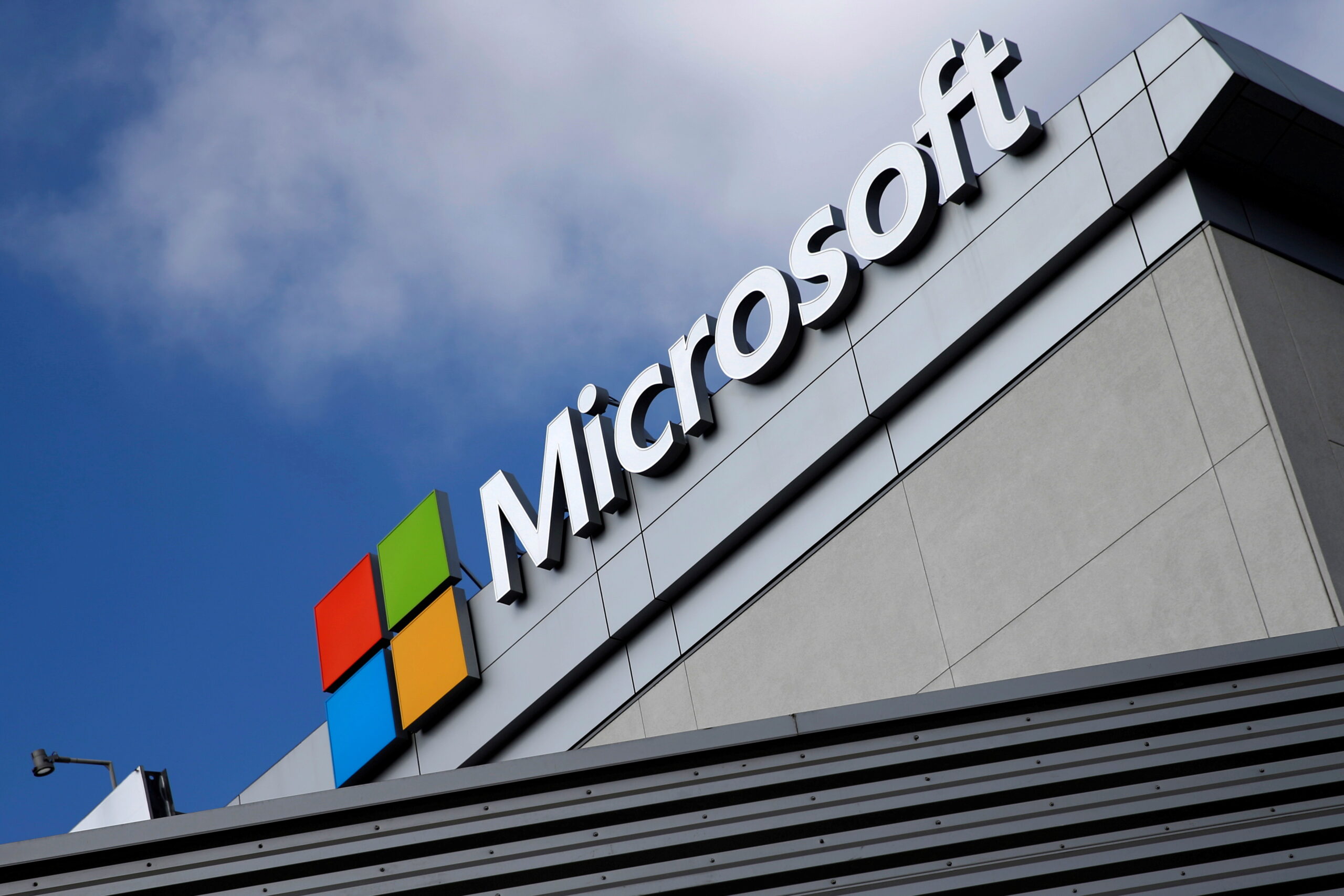Table of Contents
As Microsoft immerses itself in the AI revolution, the company’s commitment to expanding its artificial intelligence capabilities is evident in its significant investments and strategic moves. From investing heavily in OpenAI technology to focusing on competitive compensation for its AI workforce, Microsoft aims to foster innovation and retain top talent.
Overview of Microsoft’s AI Strategy
Microsoft has been at the forefront of integrating AI into its product ecosystem, continuously advancing its technological capabilities. The company’s efforts are not only focused on developing cutting-edge AI products but also on ensuring that its workforce is well-compensated and motivated. Recent reports and leaks have shed light on Microsoft’s compensation strategy, particularly for its AI division, highlighting how the company is navigating the competitive landscape of AI talent.
Compensation Insights for Microsoft’s AI Division
Recent leaks have provided detailed insights into the compensation structure for Microsoft’s AI employees. This information is crucial for understanding how the company values its talent in one of the most competitive sectors in technology.
Salary Ranges and Benefits
According to leaked data, the salary range for Microsoft employees varies significantly depending on their role and performance level:
| Employee Level | Base Salary Range | Additional Benefits |
|---|---|---|
| Entry-Level | $42,500 | Limited monetary benefits |
| Mid-Level | $150,000 – $200,000 | Performance bonuses |
| Senior-Level | $231,700 – $361,500 | Annual and hiring bonuses |
Table 1: Compensation Ranges for Different Employee Levels at Microsoft
For the AI division specifically, the reported average salary for a software engineer stands at approximately $377,611. This figure represents a notable increase compared to other divisions, such as Azure and Cloud, where the average salary is about $120,000 lower.
| Division | Average Salary |
|---|---|
| AI Division | $377,611 |
| Azure & Cloud | $257,000 |
Table 2: Average Salary Comparison Between AI Division and Other Divisions
Microsoft’s AI Investments and Initiatives
Microsoft’s focus on AI extends beyond employee compensation, encompassing strategic investments and initiatives aimed at enhancing its technological prowess. Key aspects include:
1. Investment in OpenAI
Microsoft’s multi-billion dollar deal with OpenAI underscores its commitment to integrating advanced AI technologies into its products. The partnership positions Azure as OpenAI’s exclusive cloud provider, allowing Microsoft to leverage cutting-edge AI solutions across its consumer and enterprise products.
2. AI Integration Across Products
Microsoft is actively working on embedding AI into its product stack. This includes enhancing features in products like Copilot, Edge, and Bing. The integration of AI aims to provide more intuitive user experiences and advanced functionalities.
3. Leadership and Strategic Direction
To drive its AI initiatives, Microsoft has appointed Mustafa Suleyman, co-founder of DeepMind and Inflection, to lead its AI division. Suleyman’s expertise is expected to significantly influence the development and deployment of AI technologies within Microsoft’s ecosystem.
Internal Restructuring and Employee Movements
Recent reports suggest that Microsoft has transferred some employees from the Teams app to its Copilot projects. This move aims to enhance AI capabilities and improve the overall AI experience across Microsoft’s product offerings.
While the details shared through recent screenshots and leaks provide valuable insights, they should be interpreted cautiously. The information highlights potential disparities in pay and raises concerns about employee morale and performance.
Impact on Employee Morale and Performance
The disparity in compensation between the AI division and other departments, coupled with internal restructuring, might impact employee morale and performance. High salaries in the AI division reflect the competitive nature of the field and the company’s effort to attract and retain top talent. However, disparities and organizational changes can also lead to feelings of inequity among employees in other departments.
Microsoft’s strategic focus on AI is reflected in its substantial investments, competitive compensation for AI employees, and the integration of AI technologies across its product range. As the company continues to advance its AI capabilities, maintaining a motivated and well-compensated workforce will be crucial to achieving its technological and business goals.
In the dynamic world of artificial intelligence, Microsoft’s approach serves as a case study in balancing investment, compensation, and strategic direction to stay ahead in a rapidly evolving industry. The company’s efforts underscore the importance of fostering a skilled workforce while navigating the complexities of technological advancement and market competition.


Leave a Comment